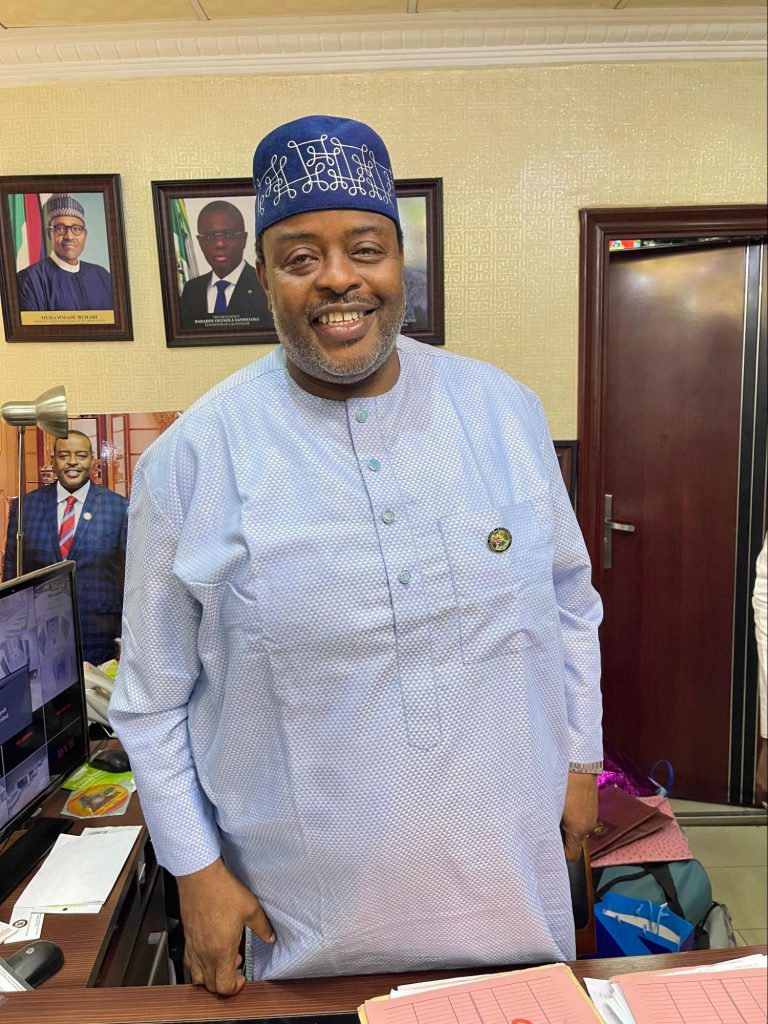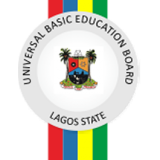Mr. Wahab Alawiye-King is the Chairman, Lagos State Universal Basic Education Board. In this interview with Funmi Ogundare, he explained why EKOEXCEL was introduced to correct the moral decadence in the education sector through inculcating the right values in the children. He said the board is currently embarking on an aggressive sensitisation campaign to ensure that children from less privileged backgrounds are registered in the state’s public schools, among other issues. Excerpts:
It is believed that teachers are poorly motivated in terms of participating in the management of schools, do you share in this view?
I am not going to subscribe to that because the wellbeing and welfare of our teachers is one of the key objectives of this administration. We have realised that a motivated workforce will bring about higher productivity, that is why we see it as one of the key objectives of this administration.
With the new normal, what effort has your administration since coming on board last year made to strengthen the capacity of teachers to deliver quality basic education?
We realise that manpower development and capacity building are some of the factors needed in improving the quality of teaching and learning in our classrooms. That is why the government embarked on an aggressive and vigorous approach to upscaling and upskilling the capacity of our teachers. In Lagos, for you to be a teacher, you must be a professional and certified by a professional body. Professional in the sense that you must possess the right educational background that is related to the field of teaching. So they are to be in charge. We looked at their background, professionalism and character to hire them. Right now, recruitment is ongoing. One of our resolutions is to have teachers who are not only academically qualified, but are also professionally qualified. That is the way to go. If your teachers are not professionals, there is no way you can get to the set objectives and goals of improving the quality of education in our classrooms.
Lagos State has made efforts to improve technological infrastructure, especially with the installation of fibre optics all around the metropolis and enhance technology penetration in schools, when will this start impacting on teaching and learning of the Lagos child?
Technology is part of the infrastructure needed for the state to be part of the global approach, by integrating it into our system, thereby becoming digitally equipped. For us as an administration, we have introduced EKOEXCEL which means Excellence in Child Education and Learning. It is an approach introduced by the state government which is aimed at ensuring that we infuse technology into our classrooms. We have started impacting the pupils by training our teachers. We have trained 5,000 teachers during the first phase, the second phase has been concluded, while the third phase is ongoing. Our target is to train all the teachers to be compatible with the EKOEXCEL methodology, which is using technology in our classrooms and digitising the system and the way we function in the sector. EKOEXCEL is an attempt to correct the wrongs in the education sector. We are looking at the moral decadence, character deficiency and value reorientation. These are some of the things we are trying to correct in our classrooms by inculcating the right sense of value in our pupils. We are trying to have pupils who are well rounded and complete.
Are you saying there is a deficiency somewhere along the line?
It is a general thing in the society; it is not peculiar to the education sector alone and as such, we must try to correct that. That is why we have introduced EKOEXCEL to make sure we inculcate the right set of values in our pupils.
With the counterpart funding made available for basic education in the state, has there been noticeable changes in the educational outcomes for pupils since you came on board?
I must commend the federal government through the Universal Basic Education Commission (UBEC) for introducing the intervention programme. On a yearly basis, we usually have the counterpart funding; 50 per cent is coming from the federal government and it is going to be matched by the state government. Right now, we are embarking on the 2018 project. We have completed over 75 per cent of the project. Infrastructure is one of the challenges in the sector and for intervention to come from the federal government to assist in this regard, is commendable. It is done on a yearly basis and it is being monitored through a multi-layered approach. Almost all the agencies of the government are monitoring the project to make sure that we deliver in terms of infrastructure, pupils enhanced and improved outcomes, teachers improvement and capacity building according to specification and in record time.
How have you been able to create an enabling environment for children of the poor to access basic education in the state?
Creating an enabling environment for children of the poor is being guided by our mandate. The mandate of the board is to provide free, compulsory, qualitative, inclusive and relevant education. When you look at that, it is the law, we must provide that. It must be all inclusive, which means that regardless of your background, you must be carried along. Our mission here is to make sure that every child’s potential is amassed and ensure that they are able to reach their goals through education. In order to ensure that we penetrate the rural areas, all we needed to do was to continue with our aggressive sensitisation campaign and ensure that they come to school to register. As we speak now, registration is ongoing. Our education secretaries are the ones in charge of our Local Government Education Authority (LGEA), they are the ones going to the hard-to-reach communities and riverine areas; they have embarked on a massive campaign to make sure that we mobilise people to register in our schools. We are getting reports on a daily basis that people are registering. We also have the homegrown feeding programme. The idea is to promote an enhanced enrolment, retention and completion in our schools. The homegrown feeding programme is an incentive for pupils to come to the public schools.
In terms of enrolment of children at the right age, what is the board doing about this, especially for the girl-child?
To us in Lagos State, we see everybody as one; be it a girl or boy, we see you as a potential leader in our society. So we provide a level playing ground for everybody.
The Lagos State school rehabilitation work is commendable, however it is observed that there are idle and dilapidated facilities in some of the public primary schools in the state, what is your view on this?
We want to make sure that learning continues in a very conducive environment. We have a project department that goes out to evaluate and access those infrastructure. We have invited the Lagos State Material Testing laboratory to assess some of those infrastructure. Once the facilities are identified to be dilapidated or to be a potential risk, we will put them aside for renovation. We are currently doing an audit of all our infrastructure and those in a very bad shape for the possibility of renovating and reinvigorating them.
This article appeared originally on Thisday, Oct 7, 2020.



